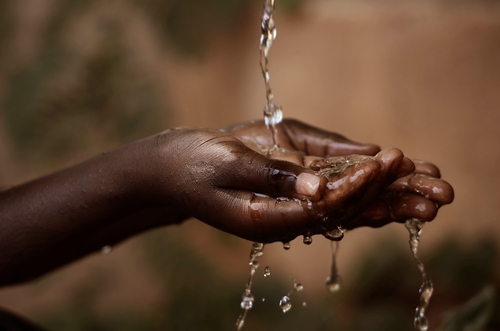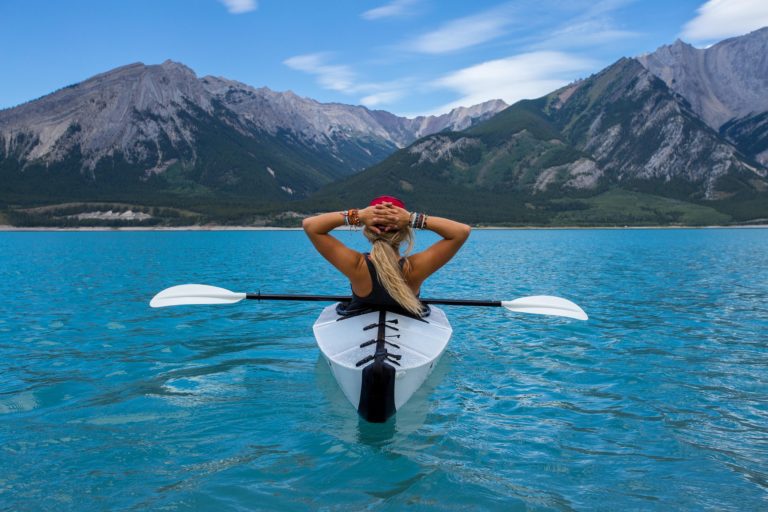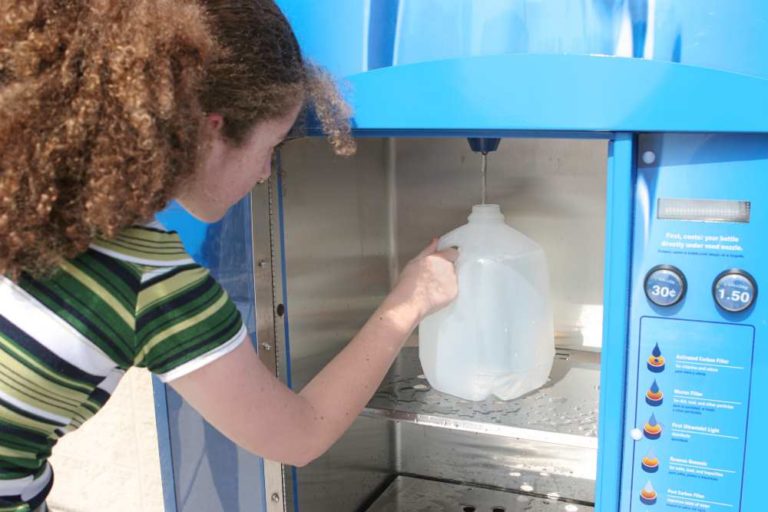
Water for society – Including all
World Water Week, the leading annual event on global water issues, was held in Stockholm from August 25-30, 2019. https://www.worldwaterweek.org World
Share with Friends

Do you know what the 8 by 8 rule is? Drink eight 8-oz glasses of water a day. Seems like a lot? Not enough? How much water should you be drinking and can you drink too much?
According to the Mayo Clinic, it depends on a number of factors including your lifestyle and where you live — people who are active and live in a hot, humid climate will require more hydration than a couch potato in the Yukon, for example. But overall, experts point to guidelines provided by the Institute of Medicine, which advises men to drink 13 cups (or three litres or 101 ounces) a day, and women nine cups (2.2 litres or 74 ounces).
Every day you lose water through your breath, perspiration, urine and bowel movements. For your body to function properly, you must replenish its water supply by consuming beverages and foods that contain water.
Recognize the signs of dehydration. If your urine is dark or has a particularly strong smell, you may not be getting enough fluids to stay hydrated; other signs of early-stage dehydration include a dry mouth, headaches, dizziness, fatigue and irritability. Left unaddressed, the problem can cause a racing heart, delirium or a loss of consciousness, and sufferers may require intravenous hydration from medical professionals.
However, there are other health gurus who think we’re always on the brink of dehydration and that we need to sip on water constantly throughout the day… even when we’re not thirsty. Here are a few good reasons to drink water.
Many people claim that if we don’t stay hydrated throughout the day, our energy levels and brain function can start to suffer. There are actually plenty of studies to support this. In one study in women, a fluid loss of 1.36% after exercise did impair both mood and concentration, while increasing the frequency of headaches (1).
There are some claims that water intake having an effect on body weight… that more water can increase metabolism and reduce appetite. According to some studies, drinking 500 ml (17 oz) of water can temporarily boost metabolism by 24-30%.
Drinking water about a half hour before meals can also reduce the amount of calories people end up consuming, especially in older individuals. One study showed that dieters who drank 500 ml of water before meals lost 44% more weight over a period of 12 weeks, compared to those who didn’t.
If you’re sweating a lot, make sure to replenish the lost fluid with water. Athletes doing very long, intense exercises may also need to replenish electrolytes along with water.
Water need is also increased during breastfeeding, as well as several disease states like vomiting and diarrhea.
Older people may need to consciously watch their water intake, because some studies show that the thirst mechanisms can start to malfunction in old age.
Dehydration can trigger headaches and migraines in some individuals. Several studies have shown that water can relieve headaches in those who are dehydrated
Constipation is a common problem, characterized by infrequent bowel movements and difficulty passing stool. Increasing fluid intake is often recommended as a part of the treatment protocol, and there is some evidence to back this up.
Urinary stones are painful clumps of mineral crystal that form in the urinary system.
The most common form is kidney stones, which form in the kidneys. There is evidence that water intake can help prevent recurrence in people who have previously gotten kidney stones Higher fluid intake increases the volume of urine passing through the kidneys, which dilutes the concentration of minerals, so they are less likely to crystallize and form clumps. Water may also help prevent the initial formation of stones, but studies are required to confirm this.
There are a lot of anecdotal reports on the Internet about water helping to hydrate the skin and reducing acne. Water may also fend off breakouts by decreasing the concentration of oil on your skin.
Since the human body is about 60% water it’s important to replenish our supply of water daily. And remember to drink clean, filtered water for optimum benefits. If you’re not used to drinking so much water or want to increase your intake try adding lemon, lime, orange, or other fruits and vegetables to water to give it flavour.
Keep a water bottle in all the places you sit down, such as in the car and at your desk—this will help you remember to drink it.
Substitute at least one soda per day with a glass of water, or at least one cup of coffee per day with a cup of hot water and honey.
Share with Friends

Julia Abelsohn is a writer, editor and clinical aromatherapist. She has been sharing her expertise and passion for health and wellness for over 25 years. When not at her desk she can be found exploring the many trails and green spaces near her home in Edmonton, Alberta.
Featured
Drink healthy, hydrogen-enriched water on the go with the AOK 808
The only USA-made water ionizer filter that has certified independent test results for reducing 172 contaminants by 99.9%.
World’s most advanced natural filter, alkalizer, ionizer and hydrogen system all in one affordable package.
Follow Us
Latest Posts

World Water Week, the leading annual event on global water issues, was held in Stockholm from August 25-30, 2019. https://www.worldwaterweek.org World

It’s Saturday morning, the sun is shining and it’s a perfect day to go out for a paddle. You grab

Since time immemorial scientists, philosophers and even us mere mortals have asked the question: are we alone in the universe?
Popular Posts

Water vending machines are as common in grocery stores as ATM machines but what kind of water are they really
For over 20 years, thousands of customers worldwide rely on Best Water for our excellent one-to-one support, high quality water ionizer products and competitive pricing. If you have any questions at all please call us. Our experienced techs are ready to help! Learn more about us.
© 2019 Best Water Inc. All Rights Reserved. Website & Branding by Elite Web Design